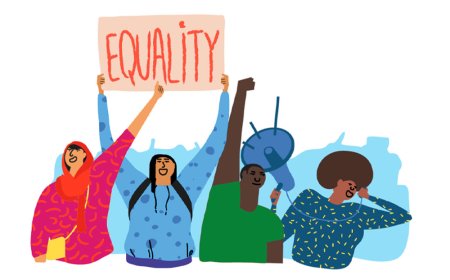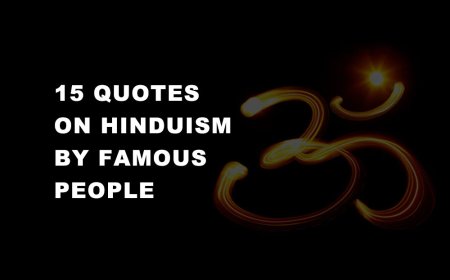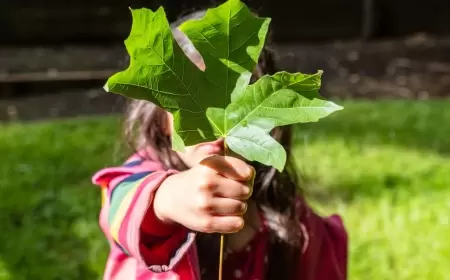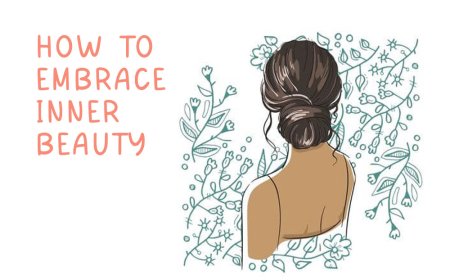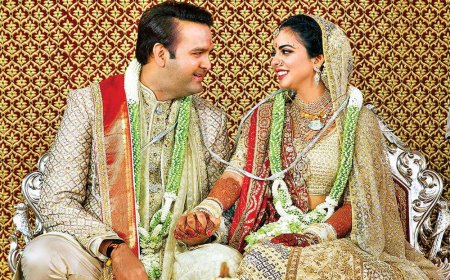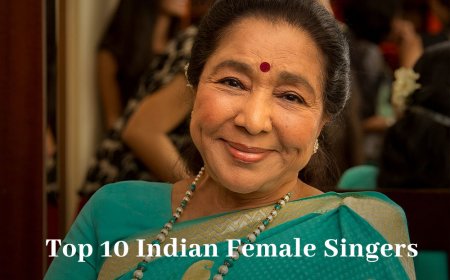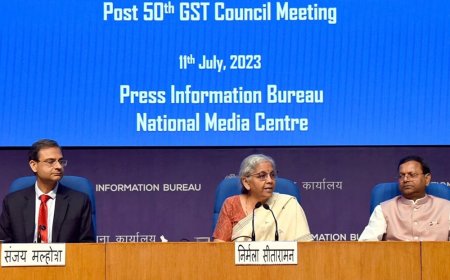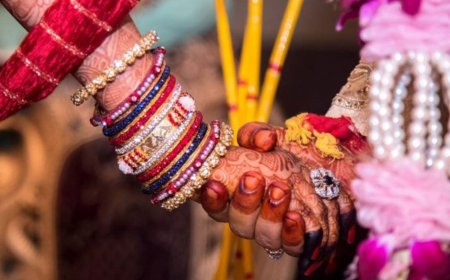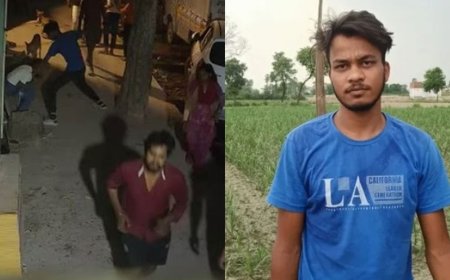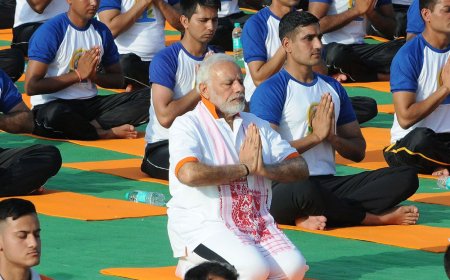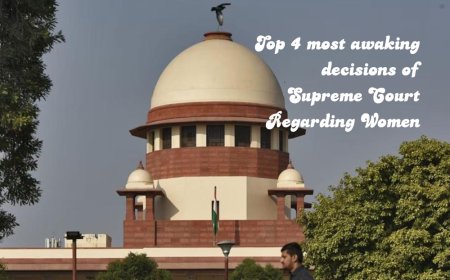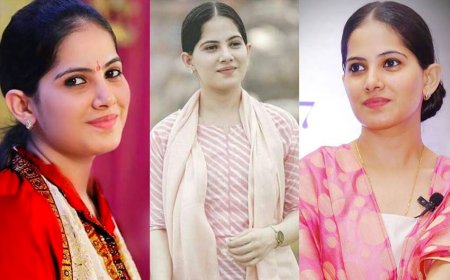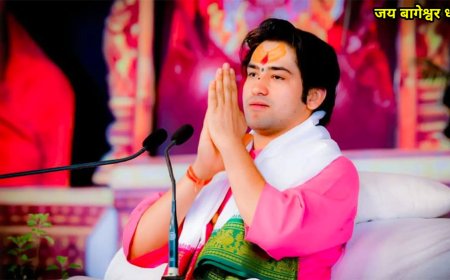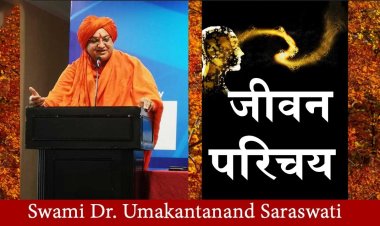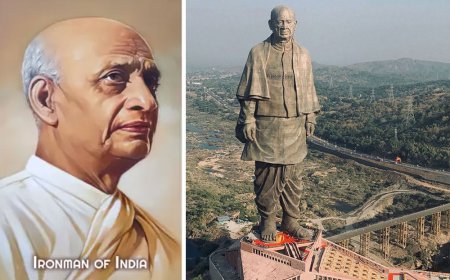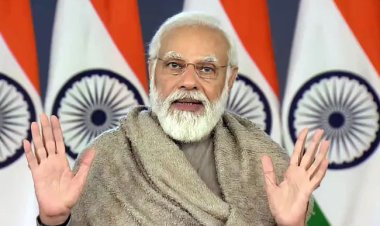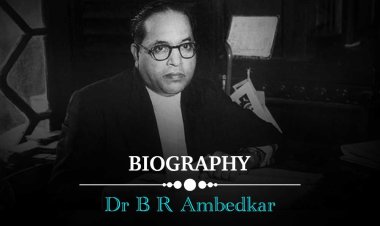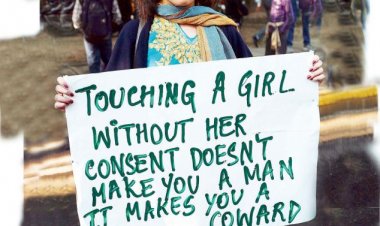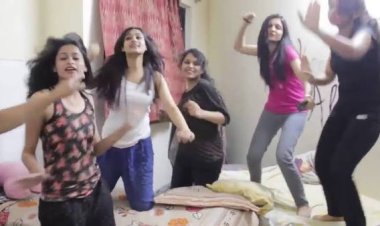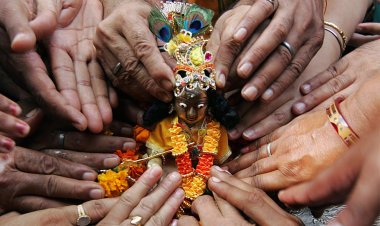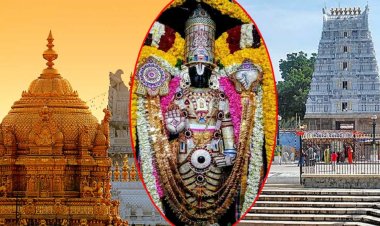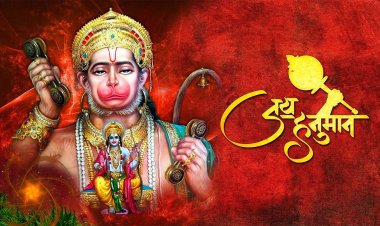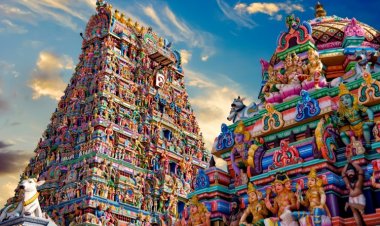Top 4 most awaking decisions of Supreme Court Regarding Women
We examined 4 of the key verdicts delivered by the apex country regarding women in the year 2022 in this piece, which range from putting an end to sedition law to reaffirming the legality of the 103rd Constitutional Amendment. Let's take a look at each of the cases individually-
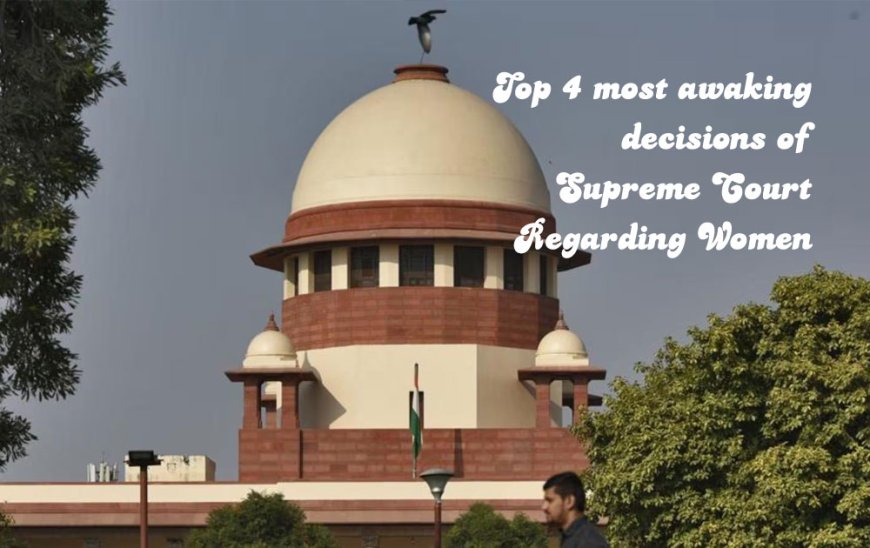
The Supreme Court released a number of significant decisions in the last year, establishing the path for a bright future. While the United States Supreme Court took a position that was conservative and abolished the right to abortion, our supreme court took a more liberal approach and granted the right to abortion to unmarried women as well. Certain decisions, however, were also met with opposition.
Accepting sex work as a profession
Case Name- Budhadev Karmaskar v. State of West Bengal
Bench- Justices L. Nageswara Rao, B.R. Gavai, and A.S. Bopanna
"Notwithstanding the profession, every individual in this country has a right to a dignified life under Article 21"
The Supreme Court ruled in this decision that consenting sex workers were entitled to respect and equal protection under the law and recognized sex work as a "profession." Using its inherent authority conferred by Article 142 of the Constitution, the Court further ordered UIDAI to provide Adhar Cards to Sex Workers on the basis of a proforma certificate and gave several directives for the rehabilitation of sex workers.
Prohibiting the "Two-Finger Test" in rape cases
Case Name- State of Jharkhand v. Shailendra Kumar Rai
Bench- Justices DY Chandrachud and Hima Kohli
“The two-finger test has no scientific basis. It instead re-victimizes and re-traumatizes women.”
The victim in this case underwent a two-finger test to ascertain whether she had been sexually assaulted.
The Supreme Court ruled in a 2013 case called Lillu v. State of Haryana, that the two-finger test breaches a woman's right to privacy. However, the test was still carried out, leading the court to rule in the current case that anyone who conducts a two-finger test on a victim of sexual assault will be considered to have engaged in misconduct and will be punished appropriately.
Split decision in Hijab Ban Case
Case Name- Aishat Sifha v. State of Karnataka
Bench- Justices Hemant Gupta and Sudhanshu Dhulia
“The High Court took a wrong path. It is ultimately a matter of choice and Article 19(1)(a) and 25(1). It is a matter of choice, nothing more and nothing less,”- Justice Sudhanshu Dhulia
Six students from the Government Pre-university College in Karnatala were prohibited from attending classes while wearing a hijab in this particular case because the State of Karnataka issued a decree restricting their liberty to do so in accordance with the 1983 Karnataka Education Act and its 1995 Rules. This Order was contested at the Karnataka High Court, where a three-judge panel upheld the ban on the grounds that wearing the hijab is not a prerequisite for Muslims to perform their religion. The All India Muslim Personal Law Board appealed this High Court decision to the Supreme Court. The CJI will now have to choose between assigning the case to a 3-judge bench and a 9-judge bench.
Daughter’s right to inherit self-acquired property
Case Name- Vijay Madanlal Choudhary v. Union of India
Bench- Justices AM Khanwilkar, Dinesh Maheshwari, and CT Ravikumar
“Money laundering is one of the heinous crimes, which not only affects the social and economic fabric of the nation but also tends to promote other heinous offenses, such as terrorism, offenses related to NDPS Act, etc.”
In this case, the court had to figure out whether the self-acquired property of a Hindu male would pass to the daughter upon her father's intestate demise by inheritance or whether it would pass to the father's brother's son by succession before the implementation of the Hindu Succession Act. The Court ruled that the entitlement of a widow or daughter to inherit the self-acquired property or share gained in the separation of a coparcenary property of a Hindu male dying without any will is acknowledged not only under the ancient Hindu Law but also by multiple judicial pronouncements.
What's Your Reaction?
 Like
0
Like
0
 Dislike
0
Dislike
0
 Love
0
Love
0
 Funny
0
Funny
0
 Angry
0
Angry
0
 Sad
0
Sad
0
 Wow
0
Wow
0











